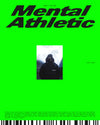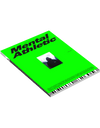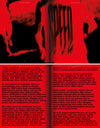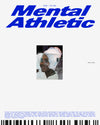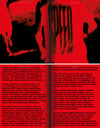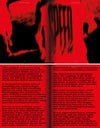Gabriele Casaccia – founder of Mental Athletic – meets the mind behind high-performance running store and athletic team Distance: Guillaume Pontier.
REAL RELATIONSHIPS, REAL EVENTS
Interview by gabriele casaccia
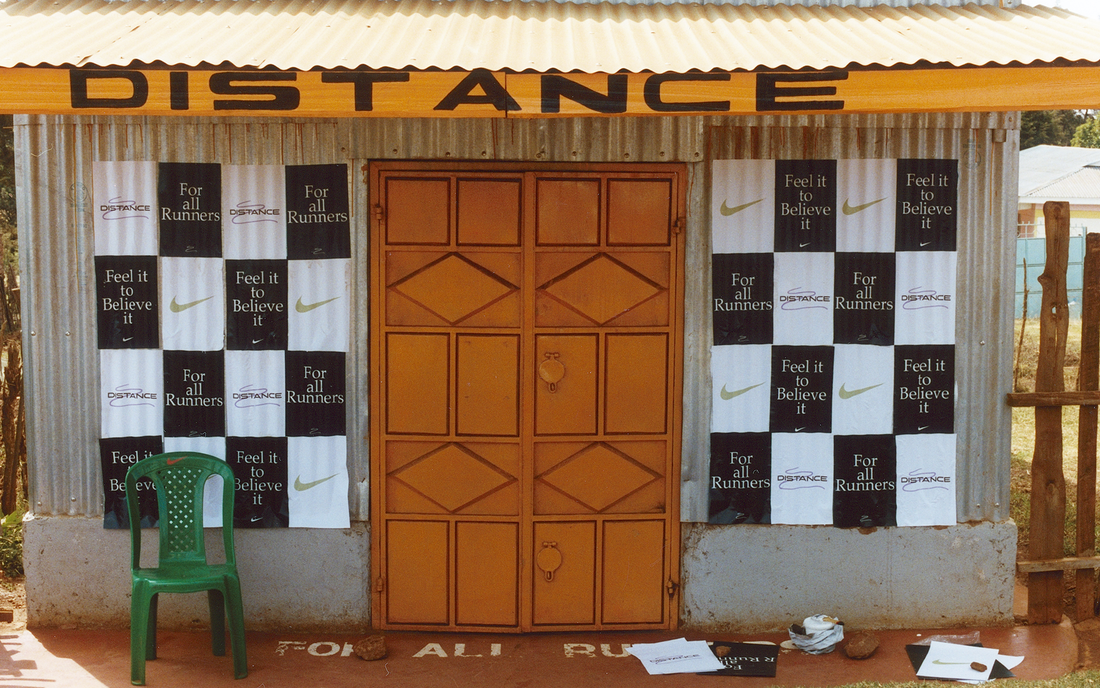
GABRIELE CASACCIA:What does it mean to be a runner?
GUILLAUME PONTIER: The baseline from Distance is FOR ALL RUNNERS. A runner is someone who runs 10' a week, someone who does 1h30 in the 10k, someone who is preparing for the Olympics.
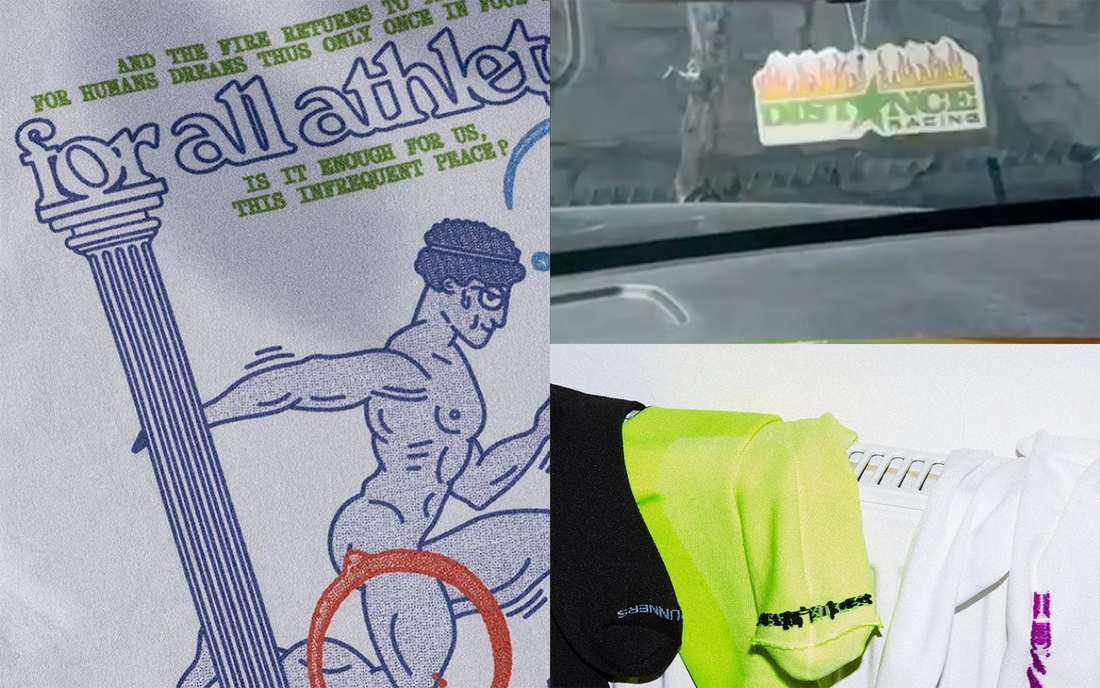
GC: The word “Distance” can mean different things in the running world. Is it more abstract or figurative for you?
GP: Everyone can interpret Distance as they wish.
GC: The sport industry is changing, as the relationship between lifestyle and performance is getting more and more evident. Do you feel this transition?
GP: We can't ignore how these aspects are merging nowadays, but fashion and trends are often temporary movements. It's the real performance that matters.
GC: The store openings in Paris, Lyon and Copenhagen are the demonstrations of precise territorial operations. This tells us a lot about part of the project.
How did it all begin and where will it go?
GP: It all started in Lyon, 6 years ago, with a desire to make running more accessible. From the outset, our strategy has been very clear: we want to become the benchmark for running in the world. We know that this takes time and we don't want to miss any of the milestones. Copenhagen is the first step in our international expansion, and London, Milan and the USA are the next steps in our vision. And let's not forget our shop in Iten, which is an essential part of the Distance concept.
GC: The word “community” is more and more abused nowadays, even though the brands often push products more than amplifying values and support a movement. How did you build your community and how do you keep it alive in the commercial world?
GP: It's a real issue for brands, a real challenge. I think what really makes us strong is our community. I think that our authenticity has enabled us to create a strong one over the years. We've also launched our Distance World Series programme – a popup on the big marathons (Los Angeles, Tokyo, New York City, London, Copenhagen, etc.) – which has enabled us to create real relationships around the world.
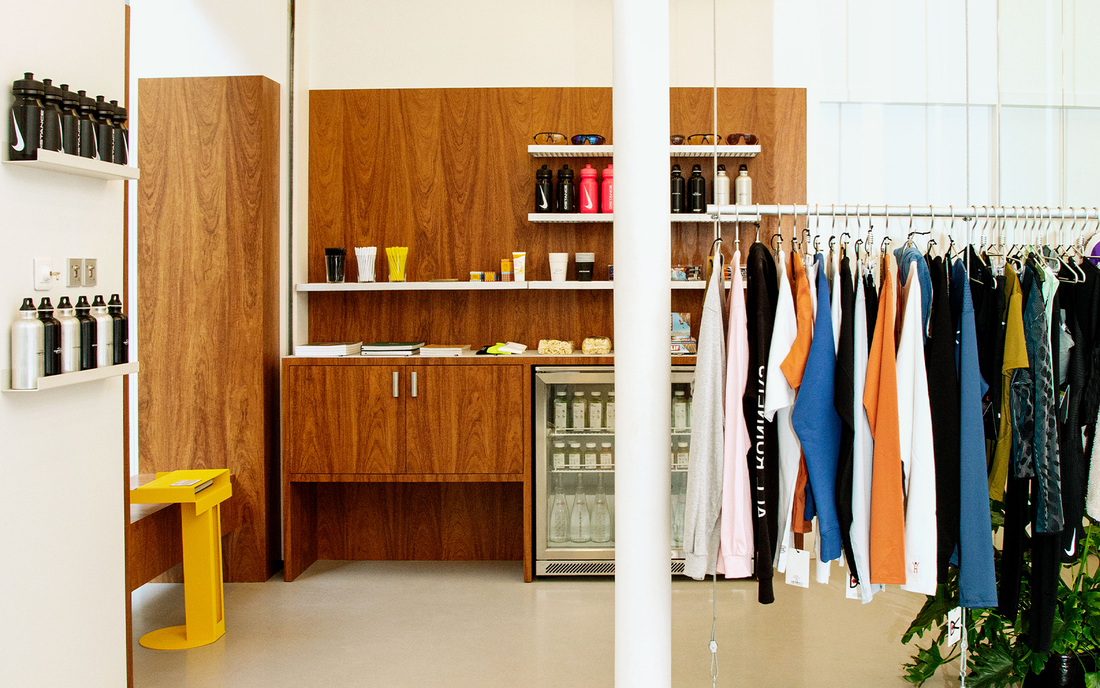
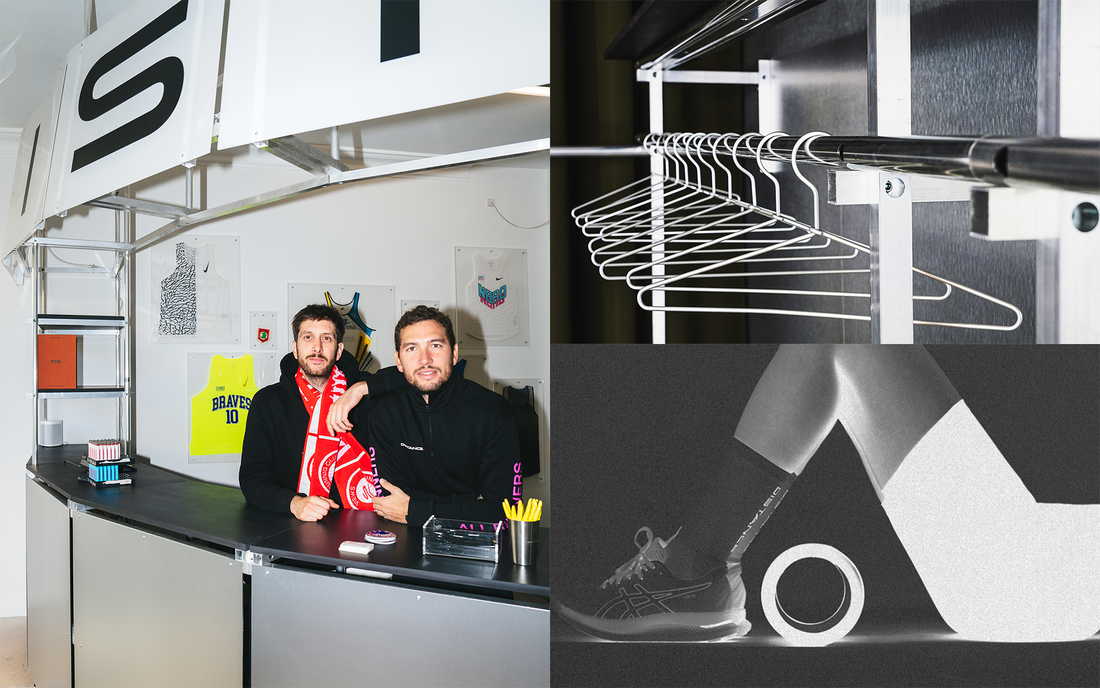
GC: France has a strong running culture. How does it differentiate itself from the other countries?
GP: I'm not sure we're anything special in France when I see the community in the US, Copenhagen or London. On the other hand, we definitely have a great running crew and a lot of energy.
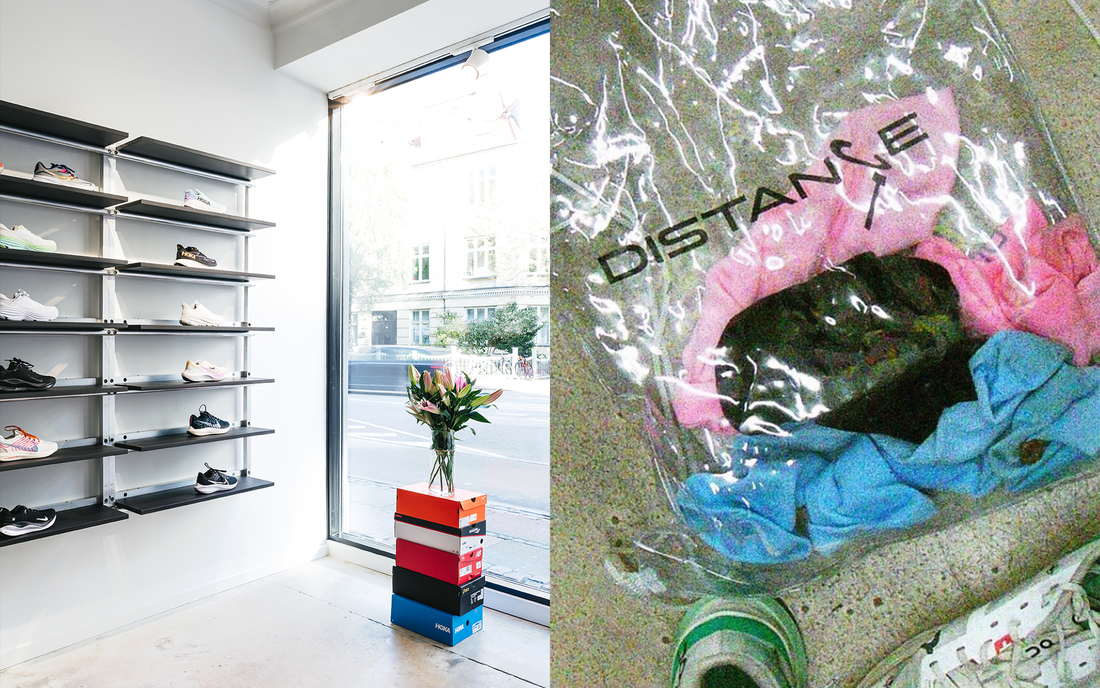
GC: Distance is the first entity who pushed itself over the traditional idea of a store, with a clear vision, edgy and out of the box. Keeping this angle, what inspired the collaboration with On?
GP: We'd already like to thank On, who were the first to put their trust in us. Over the years we've built up a real relationship and talked a lot about the future of running and the community. For us, this latest collaboration is a tribute to the runners, and we've designed it so that it speaks to them.
GC: You’ve always been “For All Runners” to the bone, including everyone passionate about running. Going from funnier aspects to a more performance oriented side of the project, is this the added value leading Distance to what we see today?
GP: This is clearly our trademark. In our opinion, we're one of the few running shops to speak to a larger number of runners. From the elite athlete, to the beginner, through to the high-fashion one.
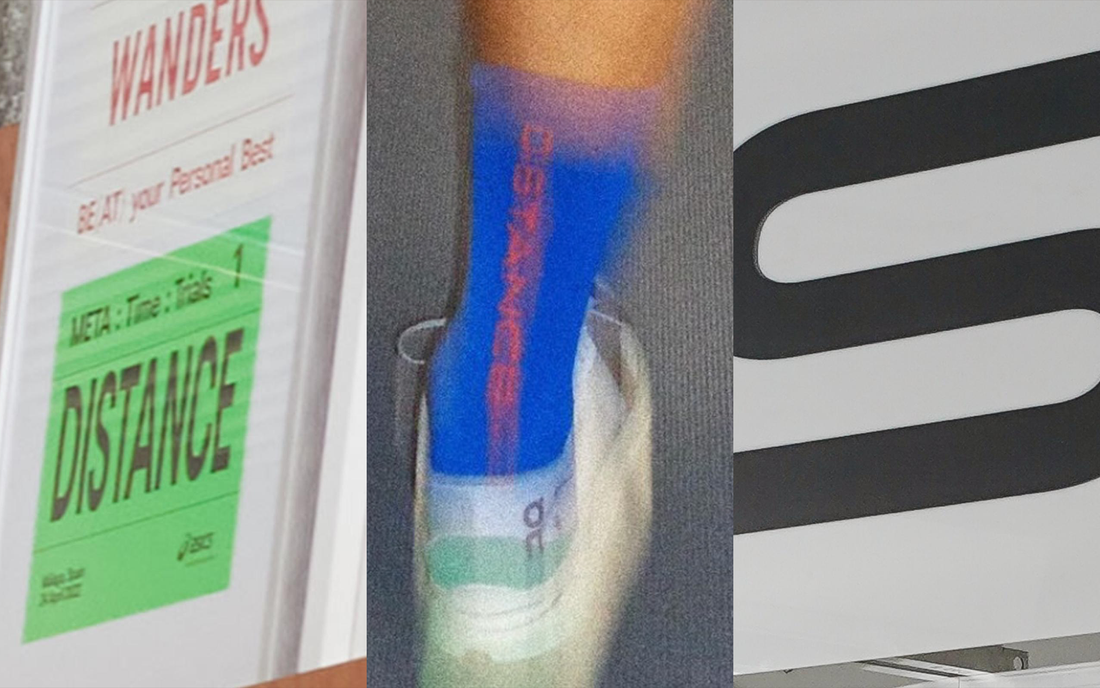
GC: Do you think this exponential growth of interest in the running scene hides some negative aspects?
GP: Even though we have a modern approach, our aim and strategy is to remain high-performance in our selection. In our opinion, this avoids the overly trendy and ephemeral side of fashion.
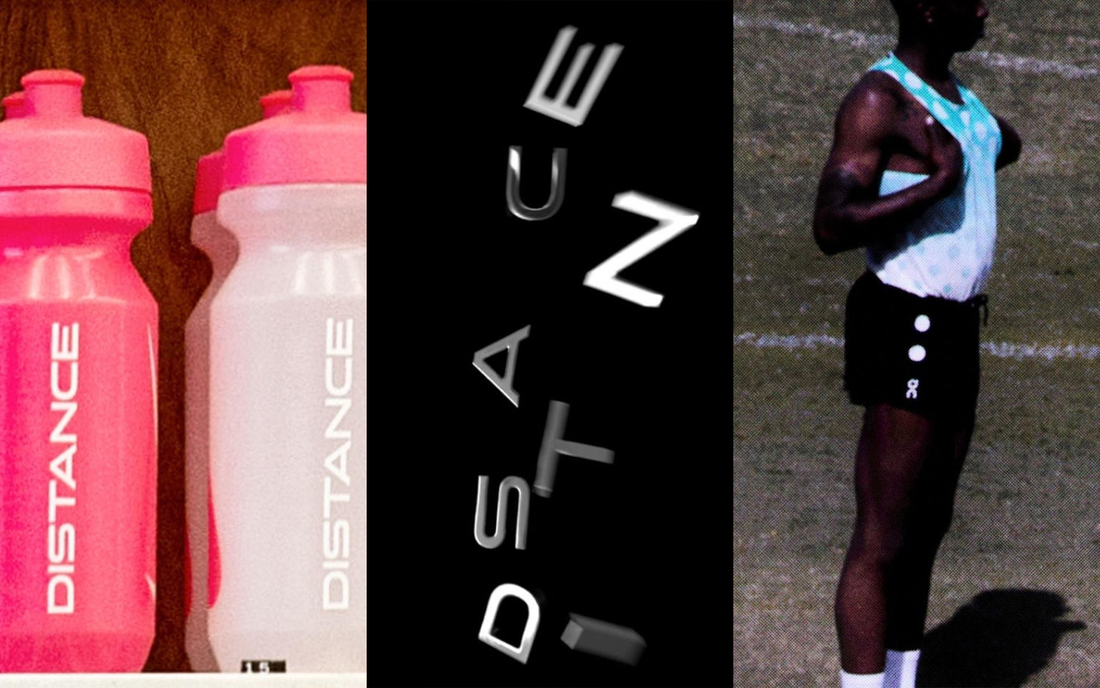
GC: Do you think people run to be part of something?
GP: I don't think so. The feedback we get is that it's often a very easy sport to get into and you can do it anywhere. But it's also an easy way to unwind after a workday.
GC: What makes something authentic today?
GP: Passion is essential for authenticity. It allows us to weave real relationships, real events, with a unique authenticity.
GC: How much of the evolution of Distance is part of a strategy and what is improvised instead?
GP: We're obviously trying to be as strategic as possible, but of course there's always some improvisation, and fortunately that allows us to be as authentic as possible. We adapt to our community, to the market - sometimes you can't predict that and it's important to be reactive and spontaneous. Of course, the whole shop opening process follows a precise plan, but once again we remain open to opportunities and encounters.
GC: How much of the evolution of Distance is part of a strategy and what is improvised instead?
Only available in limited quantities, grab your copy from 2 to 4 August at Distance Souvenir, 21 Rue des Filles du Calvaire in Paris and enjoy the pop-up during the most exciting weeks in sports.


